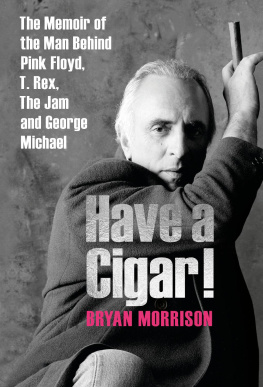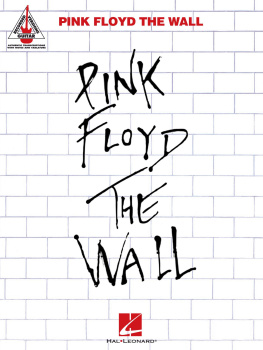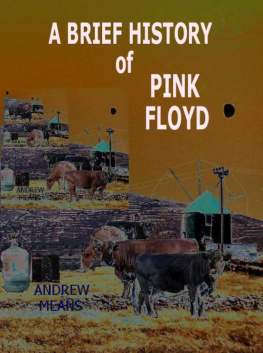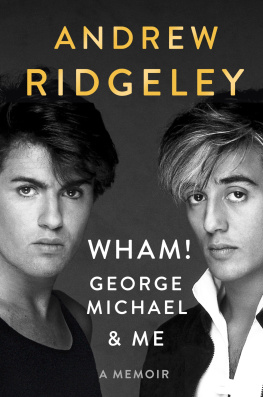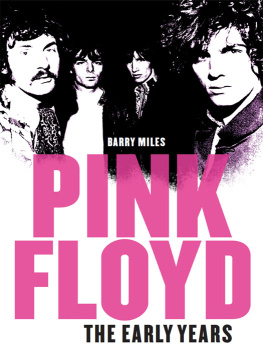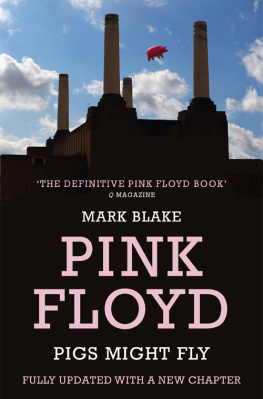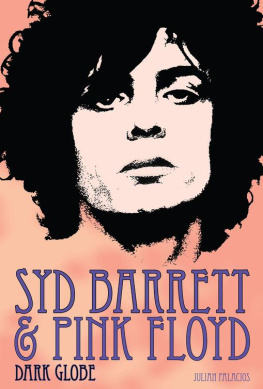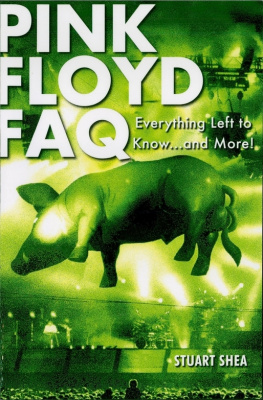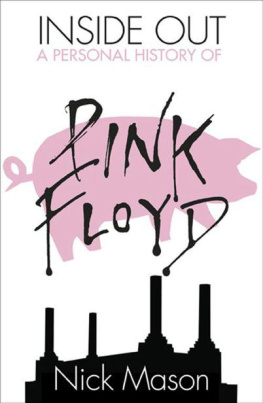T his book is the extraordinary memoir of the music publisher, entrepreneur and co-founder of the Royal County of Berkshire Polo Club, Bryan Morrison. He wrote the original manuscript in 1991, intending it to be published the following year to coincide with his fiftieth birthday.
He signed a book deal with a publishing company, was paid an advance, and a ghost writer was appointed to work on the manuscript. However, when Bryan read the publishers rewritten version of his story, he felt that it no longer reflected his own style or his personality, so he handed the money back to the publisher and cancelled the contract.
After that, the manuscript stayed mainly in a locked drawer at the home of Bryans son Jamie Morrison and, as time went by, it seemed the moment to publish it had passed. But Jamie always wanted his fathers story to be told, and after the death of his mother, Greta, in August 2018, he approached Andrew Johnston, the managing director of Quiller Publishing, to see if he might be interested in publishing the book. Andrew showed the manuscript to me, because I am a book editor and I also worked in the music business for nearly twenty years, and we agreed that it was a unique insight into the golden age of British pop music.
For the first time, Bryan Morrison reveals the true stories behind his music publishing business and his close and personal relationships with legendary rock stars such as Syd Barrett of Pink Floyd, Marc Bolan of T. Rex, Paul Weller of the Jam and George Michael of Wham! He also reveals why the Pretty Things were banned for life from New Zealand, how he became involved with the Kray twins, and received death threats after Robin Gibb left the Bee Gees, not to mention his experiences with U2, the Sex Pistols, Haircut One Hundred, Gary Glitter, and many others.
The original manuscript has been edited for publication, and the dates and facts checked where possible, but this is Bryan Morrisons personal memoir. There may be more stories that he left untold, possibly to protect his own reputation and that of his friends and colleagues, or perhaps he was saving them for a later volume. But as Bryan looked back on his life at the age of fifty, these are his candid and outspoken memories of a truly extraordinary career of success, and occasional failures, in the worlds of music, art, design, fashion and polo.
T he most difficult serpent to catch in English polo goes by the quaint name of the Archie David Cup. Of all the tournaments, this competition is probably the most difficult to win, because of the sheer number of players it attracts. During the eighties, up to sixty low goal teams would enter the Archie David, which is a straight knockout tournament. Six tough rounds, often in mud up to the hocks of the horses, sometimes so hard you could make bricks out of it.
My mentor and good friend Major Ronald Ferguson had played in this competition more than twenty times in as many years and never even made it to the semis. Somehow, I had made it to the finals in 1983, but lost to another great polo mate Galen Weston. I vowed then I would never enter again. The pain of losing was too great.
Months later, I was asked the inevitable question. Did I want to have one more try in 1984? The answer, of course, was yes. Looking in my diary for that April, I noticed one very important date, which was with one of the gods of the American music business Al Teller, the president of Columbia Records, and it was in New York at 4 p.m. on a Friday.
Dick Leahy, my partner in Morrison Leahy Music, had fixed a meeting to try to kick ass in the States for Wham!, who were fast becoming one of the biggest acts around the world with the exception of the USA. We hoped to change this with the release of their next single, Wake Me Up Before You Go Go. At the time, I hadnt anticipated that anything would get in the way of this date with destiny at the CBS headquarters in midtown Manhattan, known as Black Rock.
I entered the Archie David with my four-man polo team and the first four rounds were tough, but we managed to progress all the way to the semi-finals, which were to take place two days later on a Thursday.
It was my assistant Cora, the next morning, who pointed out that there was going to be a bit of congestion in my calendar.
Bryan, how can you play on Thursday? If you win, youve got to play the final on Saturday and you have that really important meeting in New York on the Friday.
I was torn between business and pleasure. It seemed insoluble. We discussed my dilemma for hours before finally coming up with a solution. If we won on Thursday, I would take Concorde to New York on Friday morning, have the meeting and return Friday evening. Tickets were reserved in case the improbable happened.
It rained for most of Wednesday and the sight of a very wet and muddy polo field greeted us on that Thursday afternoon. It was a match in which every yard of terrain was fought over. By the end we were hanging onto our saddles in near exhaustion, frantically stabbing at a ball that seemed to sink forever deeper into the ruts and holes of the field.
The last minute or two of the game seemed like an eternity. We were a goal up and literally hanging in there, then the bell and the whistle sounded, and we were in the final of the Archie David. The only problem now was that I had barely forty-eight hours to get to New York, have my meeting, return and play the final.
At 11 a.m. the next morning, I was in the Concorde departure lounge at Heathrow. I had travelled once before on Concorde in the late seventies and what a wonderful example of mans ingenuity it was. The only significant difference between this trip and the first was that on the previous occasion we had been served Dom Perignon from the outset, even at the check-in, and it had continued flowing while on board, as had the caviar. Now it was plain Mot (nothing wrong with that), plus a tiny pot of caviar. The thrill, however, was the same.
Some three and a half hours later, we were standing outside Kennedy Airport waiting for one of those absurd stretch limos. The limo wafted us towards what must be one of the most amazing sights in the world, the colossus of Manhattan, with its granite skyscrapers and the deep canyons of the streets below. I have been to New York a hundred times, but the swift transition from London to the Big Apple on this visit left me in awe.
We stopped off at my lawyers office, had a quick wash and brush-up, shot over to the Stage Star Deli for a delicious sandwich, and forty-five minutes later we were in Black Rock for our meeting. A tough three hours of bargaining took place over the immediate future of Wham! Finally, a deal was concluded to all of our advantages, and before you could say Jack Robinson, we were back in the limo heading for Kennedy.
The rain, which had started as a light shower an hour or so earlier, had by now developed into a deluge. The traffic was chaotic. People huddled in doorways and traffic ground to a virtual stop. Madison Avenue was a nightmare, and all the time the clock was ticking. If I missed the 7.30 flight, there was going to be no final for me on Saturday.
Thirty minutes before departure, the limo swung into Kennedy, we jumped out and charged over to the check-in. I had decided to forgo my usual mode of travel and splash out on a first-class sleeper seat, given that I would need as much rest as possible before the big game the next day. Hopefully I would get at least five hours of sleep.

